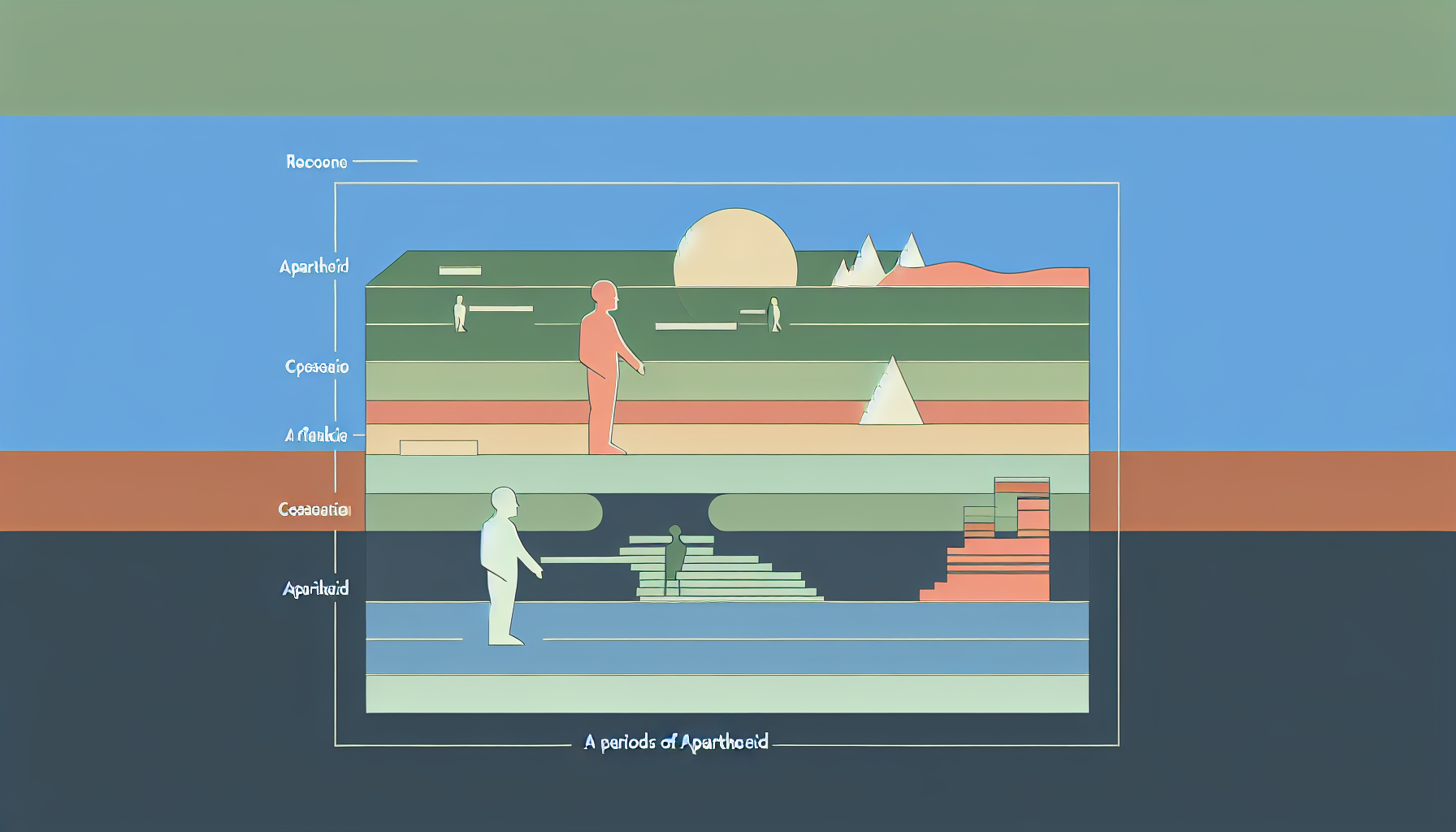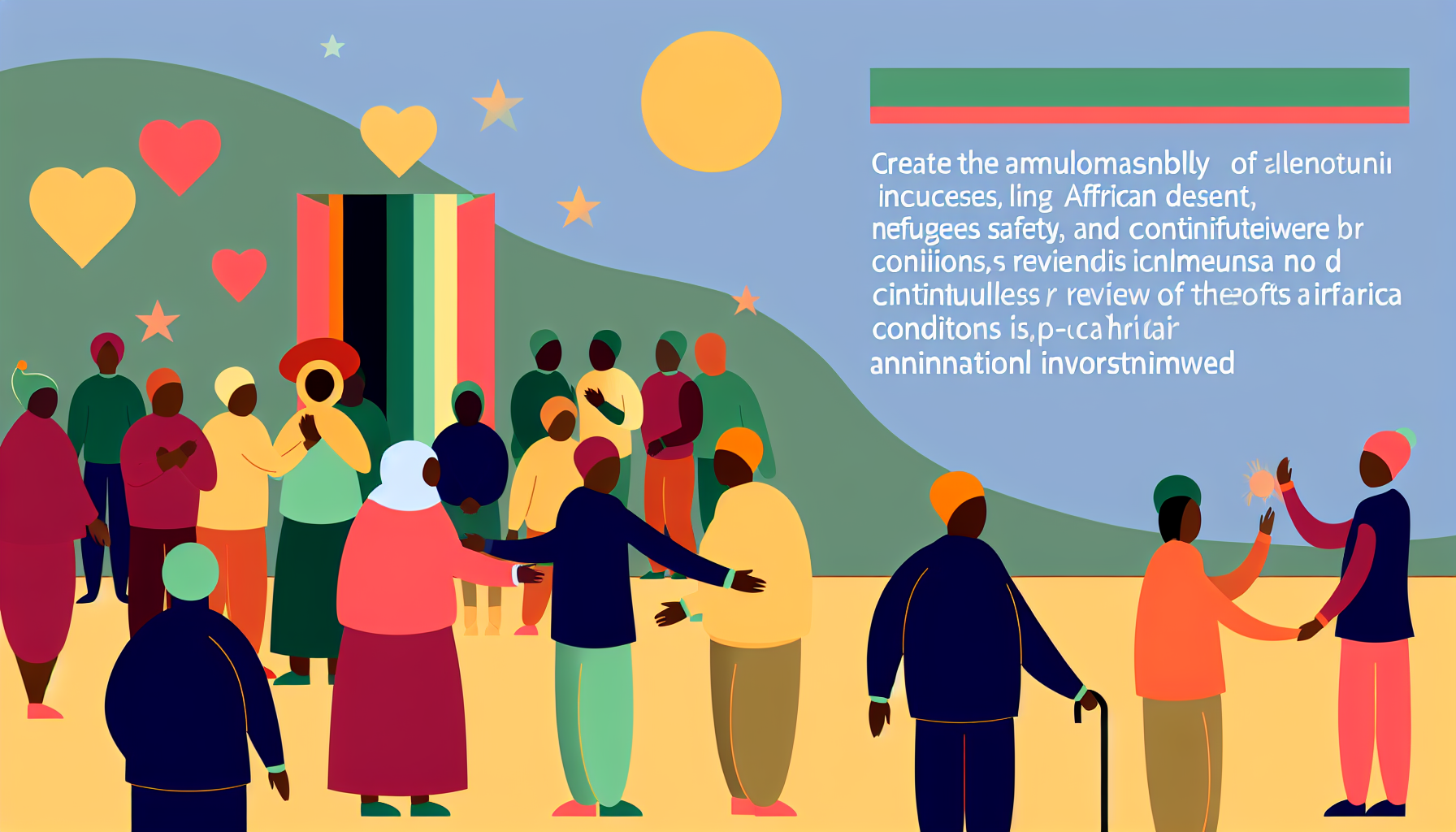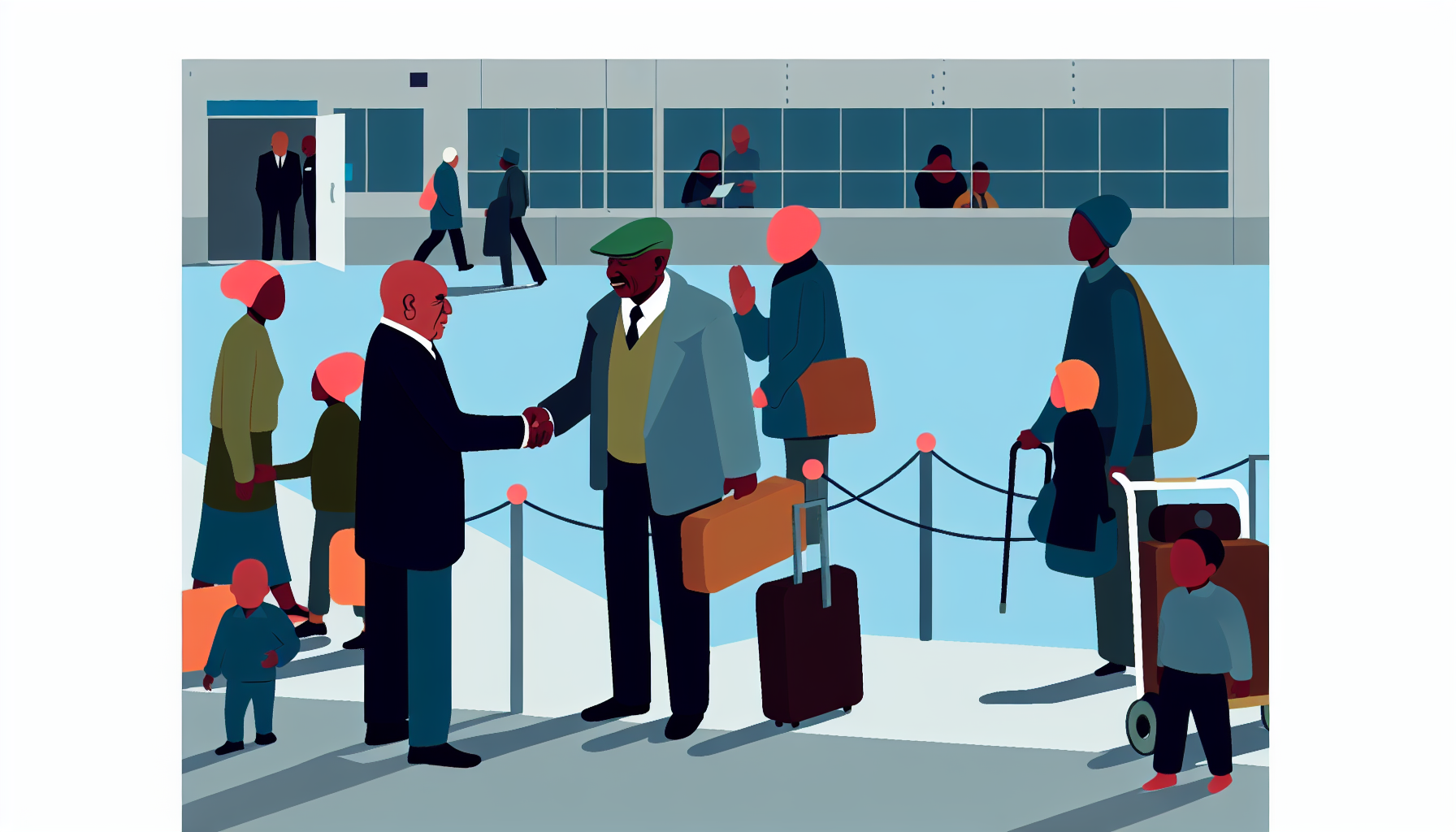[Disclaimer] This article is reconstructed based on information from external sources. Please verify the original source before referring to this content.
News Summary
The following content was published online. A translated summary is presented below. See the source for details.
The United States has welcomed its first group of Afrikaner refugees from South Africa, as announced by Deputy Secretary of State Christopher Landau on May 12, 2025. This action was directed by Secretary Rubio following President Trump’s call to prioritize refugee resettlement for this vulnerable population. According to the US government, these refugees are fleeing “unjust racial discrimination” in South Africa, including property seizures without compensation and violent attacks based on their ethnicity. The State Department emphasized that this move aligns with the administration’s America First foreign policy agenda while sending a clear message that America will protect victims of racial discrimination. The announcement indicates that more Afrikaner refugees will be welcomed in the coming months, with the US committed to helping them rebuild their lives and create a better future for their families. The government stated that no one should fear having their property taken without payment or face violence because of their ethnic background.
Source: US Department of State
Our Commentary
Background and Context

To understand this situation, it’s important to know about South Africa’s complex history. Afrikaners are descendants of Dutch, German, and French settlers who arrived in South Africa centuries ago. During the apartheid era (1948-1994), white South Africans, including Afrikaners, held political and economic power while Black South Africans faced severe discrimination and segregation.
After apartheid ended in 1994, South Africa transitioned to majority rule under Nelson Mandela. Since then, the country has implemented various policies aimed at addressing historical inequalities, including land reform programs and affirmative action policies. However, these changes have created new tensions and debates about fairness and implementation.
Expert Analysis
This refugee situation raises complex questions about discrimination, justice, and human rights in post-apartheid South Africa:
Different perspectives on the situation:
– Some argue that Afrikaners face legitimate discrimination and violence
– Others contend that land reforms are necessary to address historical injustices
– Many experts emphasize that solutions should protect everyone’s rights regardless of race
– International observers note the complexity of transitional justice in post-conflict societies
US refugee policy considerations:
– The US traditionally accepts refugees fleeing persecution based on race, religion, nationality, or political opinion
– This decision reflects the current administration’s interpretation of conditions in South Africa
– Refugee acceptance involves extensive vetting and documentation of persecution claims
Additional Data and Fact Reinforcement
Important context about South Africa today:
– South Africa has one of the world’s highest crime rates, affecting all ethnic groups
– Land ownership patterns still reflect apartheid-era inequalities
– About 80% of farmland remains in white ownership despite being 9% of the population
– Economic inequality remains extremely high across all racial groups
– Various international organizations monitor human rights conditions in the country
Related News
This development connects to broader global issues:
– International debates about land reform and property rights
– Discussions about post-conflict justice and reconciliation
– Global refugee policies and criteria for protection
– US immigration and refugee admission policies
Summary

The US decision to welcome Afrikaner refugees represents a significant policy move that highlights ongoing challenges in South Africa’s post-apartheid transition. While the situation reflects complex historical and contemporary issues, the focus should remain on protecting all people from discrimination and violence regardless of their background. The success of this refugee program will depend on proper integration support and continued monitoring of conditions in South Africa for all its citizens.
Frequently Asked Questions
Q: Does this mean all Afrikaners are leaving South Africa?
A: No, most Afrikaners remain in South Africa. This program serves those who can demonstrate they face persecution based on their ethnicity.
Q: How does the US determine who qualifies as a refugee?
A: The US requires documented evidence of persecution or a well-founded fear of persecution based on race, religion, nationality, membership in a particular social group, or political opinion.
Q: What support do refugees receive in the US?
A: Refugees typically receive assistance with housing, employment placement, English language training, and other services to help them integrate into American society.


